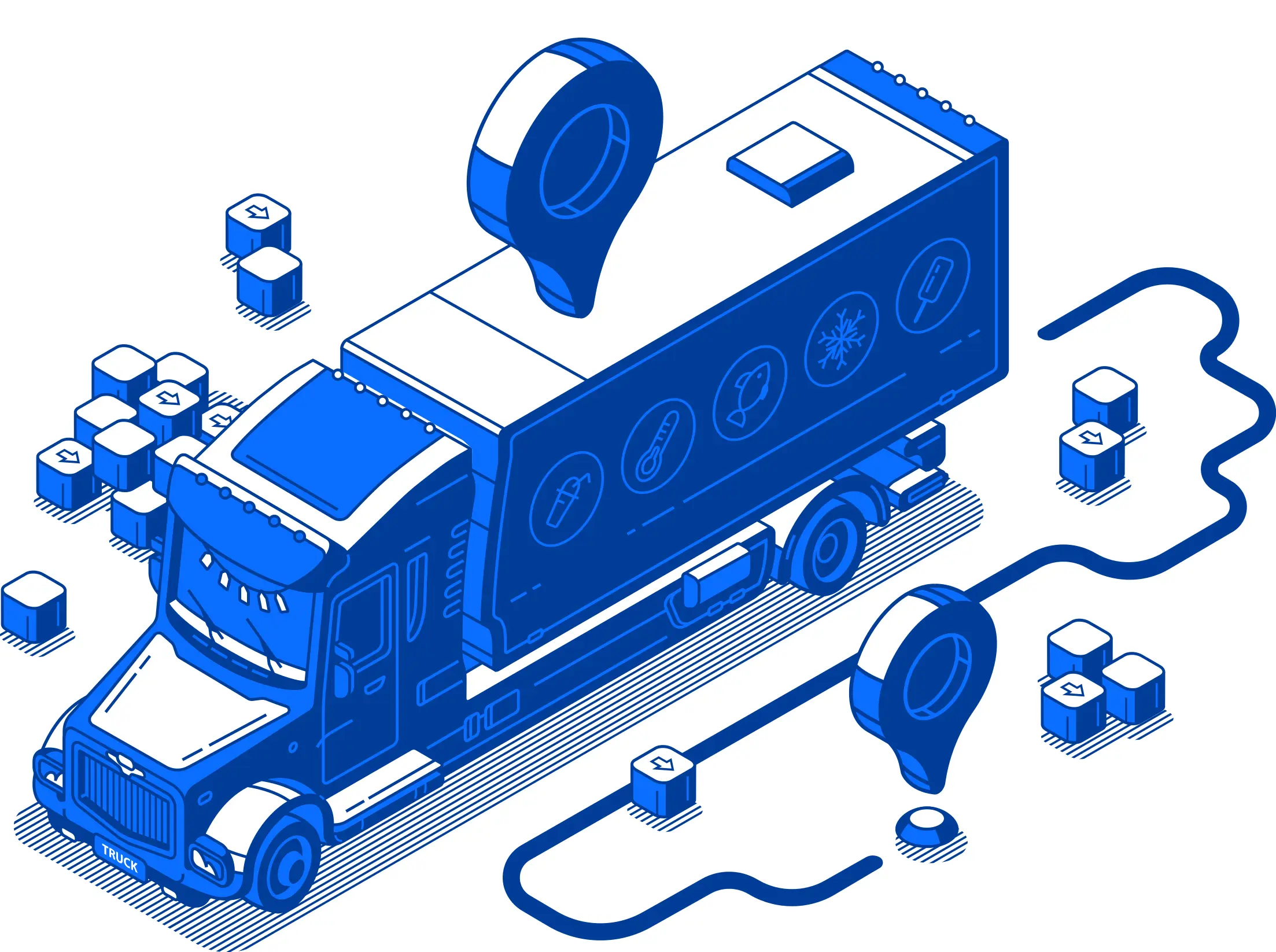Seasonal fluctuations wreak havoc on a trucking company’s budget. In the fall, money is rolling in with the influx of brokers and shippers needing seasonal foods and holiday items delivered in a timely manner. Come January, everything slows down. Work is harder to come by, and that impacts your finances. Budgeting is essential if you want to keep your company stable.
Other factors add to the difficulty you have. Insurance rates have increased in the past decade. Inflation is part of this, but there’s also an increased number of claims tied to wildfires, tornadoes, severe thunderstorms, hurricanes, and heat waves. In 2023, claims increased by 85% according to Verisk and Nationwide. As companies pay more in claims, they raise rates accordingly.
Materials for truck repairs are also increasing. When it costs more to repair trucks and trailers, insurance companies spend more money, and rates go up accordingly. Fuel prices have also increased. During the pandemic, demand was low as people weren’t going far. Now that companies are requiring workers to get back to the office, gas consumption increased and supply and demand also increased prices.
All of this is making it harder to turn a profit as a trucking company owner. With some planning and consideration, budgeting helps provide the financial stability you need.
Create a Comprehensive Budget
Your budget must be comprehensive and cover everything imaginable. There are three areas to factor into your monthly budget.
Fixed Costs
Fixed costs are the costs that won’t change often. That includes the monthly loans for your trucks and trailers. If you purchase your building, your business space loan isn’t likely to change unless you choose an adjustable rate. If you lease, that’s typically a fixed cost for at least a year. Insurance premiums are also considered fixed costs as they’re usually locked in for a year.
Indirect Costs
Some costs aren’t things specific to your company’s overall goals. They’re part of doing business, but they’re not specific to the service you provide. They include things like office supplies, electricity, and the internet.
Variable Costs
Finally, there are variable costs that you cannot definitively state how much they’ll be each month. This includes the cost of fuel for your trucks, taxes, the tolls your driver’s pay, and driver wages. They vary from one month to the next. Wages may seem stable, but you cannot predict the need for overtime. A storm could impact your driver’s ability to get back home by a few days, requiring overtime.
Track Past Expenses
Looking at the past is a good way to set a budget for the future. Look at how past years of market trends and seasonal fluctuations have impacted your business. That can help you plan accordingly for the future. Add a bit of padding to account for higher interest rates, fuel costs, and insurance.
Prioritize Expenses Accordingly
When it is slow and money is tight, you have to be able to prioritize your expenses. Fuel, truck repairs and maintenance, and employee wages are a must. Insurance and licensing fees are also important.
Business loans should also top your list, but if times are incredibly tight, you might be able to negotiate a lower payment for now and make up for it when business picks up. Creditors would rather have some level of repayment coming in over having you default completely.
If there are unnecessary expenses, leave them for now. You’ve wanted new trucks for a while, but your current trucks are doing okay. Or, you want to celebrate a year in business with a catered party for everyone. Wait. Those purchases aren’t essential right now. When business picks up, circle back and consider them.
Build a Cash Reserve
A cash reserve is the most important part of your trucking business. Build a cash reserve for the slow periods. When it’s busy and you’re making more money, pay down business credit cards as much as you can, but also fill your savings. Aim for high-interest savings to earn extra money on the money you’ve set aside.
While you could draw on a business line of credit or credit cards in the slow periods, the interest builds up. You spend more on interest than you would by having a second savings account to draw from during emergencies.
Plan for the Unexpected
When you’re budgeting, make sure you plan for the unexpected. Anything can happen without warning, which impacts your budget. Keep a list of unforeseen expenses and consider how much they’d cost you. Do everything possible to prevent those situations, but have cash built up to cover those expenses if they happen. If they don’t occur, you have extra money for the future.
Check out this list of the 10 most common unexpected emergencies or unplanned expenses.
Driver Illness or Injury
Fuel theft
Major building repairs, such as an HVAC system failure or roof leak
Non-payment or late payment by broker or shipper
Sudden closure of broker or shipper
Truck breakdown with costly repairs required
Weather-related delays and road closures
Use Freight Factoring to Your Advantage
Financial planning is easy to handle when you partner with Saint John Capital. Our freight factoring service extends far past getting paid quickly. While that is the main benefit of a factoring arrangement, many additional services are beneficial.
When you arrange freight factoring, you submit a bill of lading to the factor. Once it’s approved, you receive the amount due minus freight factoring fees. With fees typically well below 5%, it’s far less expensive than the interest on a business line of credit or business credit card.
Freight factoring arrangements also come with one of the best ways to help a trucking company save money. You get fuel discounts. Fill up your trucks and receive a discount on every gallon of gas or diesel.
You also receive unlimited free business credit checks. This is important as you can pair that service with load-finding tools. Find new clients on a load-finding app, and check their payment history to ensure they do not have a history of late or missing payments. If their credit history is clean, you can do more work to fill your schedule during the slow periods.
With decades of expertise in freight factoring and the trucking industry, Saint John Capital is the ideal partner for your company’s financial stability. We’ve helped small businesses grow, and many larger trucking companies continue to use our services to save money and reduce office tasks like invoicing and chasing payments. Talk to Saint John Capital’s factoring experts today to learn more.











